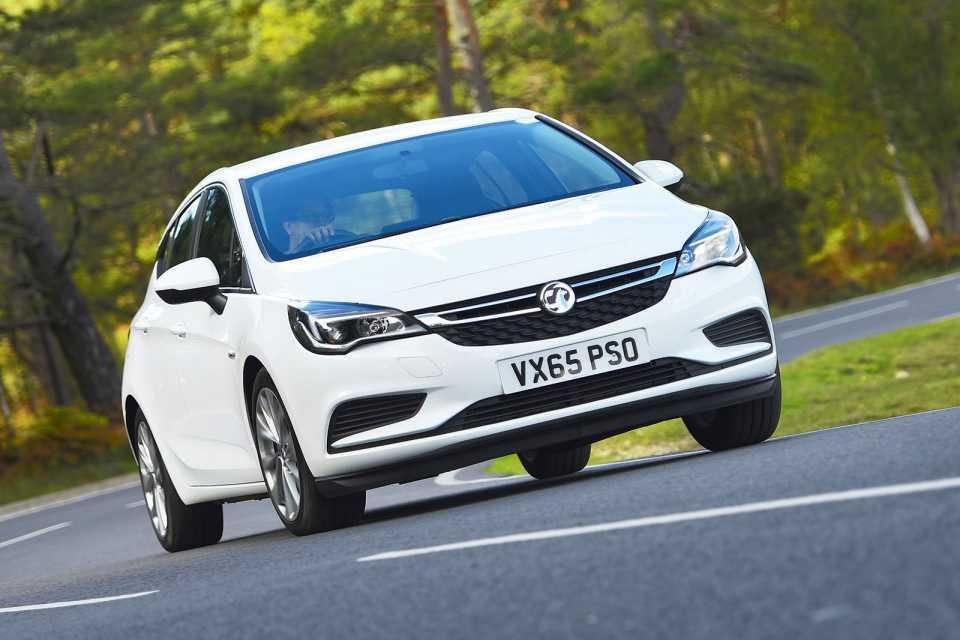Don't bother reading further – Vauxhall is dead
It is almost 30 years since Peugeot last made a comparable strategic deal in Europe, with some parallels

Your support helps us to tell the story
From reproductive rights to climate change to Big Tech, The Independent is on the ground when the story is developing. Whether it's investigating the financials of Elon Musk's pro-Trump PAC or producing our latest documentary, 'The A Word', which shines a light on the American women fighting for reproductive rights, we know how important it is to parse out the facts from the messaging.
At such a critical moment in US history, we need reporters on the ground. Your donation allows us to keep sending journalists to speak to both sides of the story.
The Independent is trusted by Americans across the entire political spectrum. And unlike many other quality news outlets, we choose not to lock Americans out of our reporting and analysis with paywalls. We believe quality journalism should be available to everyone, paid for by those who can afford it.
Your support makes all the difference.Vauxhall is dead. I thought I'd spare you the bother of reading through the runes and all the spin about the Peugeot takeover of GM Europe.
And by “Vauxhall” I mean both the brand and, much more grievously, the factory at Ellesmere Port. It won't be immediate, but as incremental decisions are taken by Peugeot about new models and investment, the capacity will be run down.
I'd give it all about five years before we see Vauxhall badges or some styling differences grafted onto Peugeot cars, just as all Citroens (acquired by Peugeot back in 1974) are re-configured Peugeots.
Vauxhall, familiar as it is to generations of British motorists is just that today – a parochial UK-only name that stopped being sold abroad about 35 years ago, even in Ireland. It is difficult for another mid-market brand such as Peugeot to justify the extra marketing effort and trying to make the marque separately managed.
They did do that with the more quirky Citroen and their emerging DS brand, a sort of highly-styled luxury derivative, but Vauxhall I fear just doesn't have the same potential.
As for the factory at Ellesmere Port, “Home of the Astra”, it deserves to survive, but may not, for two pressing reasons.
First it is more heavily reliant than most on the EU market (as the Opel Astra), and Brexit is the obvious issue there.
Second, in acquiring the extra economies of scale from GM Europe - about 1 million units on top of the 1.5 built by PSA - Peugeot will also be looking to cut over-capacity, the biggest single problem facing the global industry. Some plant will go, either in Spain, Germany or, ahem, France. With or without a streak of legendary French chauvinism it is difficult to see how Ellesmere Port would be favoured. As I say, a tragedy.
It is almost 30 years since Peugeot last made a comparable strategic deal in Europe, with some parallels.
In 1978 it was the US firm Chrysler that was scrambling to get out of the Europe, with much of Chrysler's van, lorry and car production in the UK in that case.
Within a few years most of that old infrastructure had gone in Britain, and the last remnant, the Ryton assembly plant near Coventry, was scrapped about a decade ago. All that is left are some roads named after the famous names such as Hillman and Humber, and indeed Sunbeam Way, where Peugeot's UK head office is situated. Maybe they'll name a road after Vauxhall too.
Join our commenting forum
Join thought-provoking conversations, follow other Independent readers and see their replies
Comments